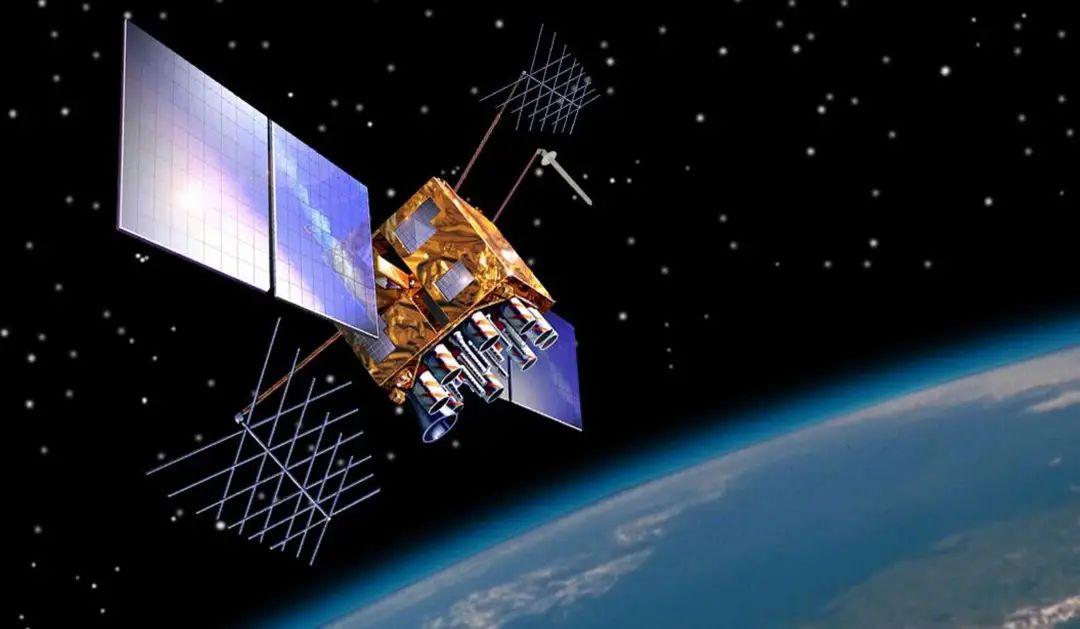Satellite Counts of Top Ten Countries in the World (as of 2023)
Ranking list of the number of satellites launched in the world.
The top ten countries in the world satellite ranking.
Ranking of countries by number of satellites.
01. United States – Approximately 2,944 satellites
As of December 31, 2021, the United States leads the world in the number of satellites in orbit, boasting about 2,944 satellites. The U.S. has a rich history in satellite development, with the “Skoll Satellite” launched in 1958 marking the beginning of modern communication.
02. China – Approximately 499 satellites
China ranks second after the United States with around 499 satellites in orbit, according to the UCS satellite database. Despite its significant satellite presence, China acknowledges the need to enhance satellite application capabilities.
03. United Kingdom – Approximately 368 satellites
Although not as prominent as the U.S. or China in the space race, the UK actively participates in space endeavors. With about 368 satellites in orbit, it holds a place among the top ten satellite-owning nations. The UK’s Ministry of Defense established a space command on April 1, 2021, to gain a competitive advantage.
04. Japan – Approximately 205 satellites
Japan’s aerospace industry took off after World War II, and the country achieved notable milestones in space exploration, culminating in around 205 satellites in orbit by 2022.
05. Russia – Approximately 169 satellites
After the collapse of the Soviet Union, Russia faced challenges but has since worked to revitalize its aerospace industry. As of 2022, Russia possesses approximately 169 satellites, ranking among the top five satellite-owning countries.
06. India – Approximately 101 satellites
India’s space journey began in the 1960s, and with the support of the Soviet Union, it launched its first indigenous satellite in 1975. By 2022, India had about 101 satellites in orbit, reflecting significant progress in its aerospace technology.
07. France – Approximately 85 satellites
France boasts relatively independent aerospace technology in Europe and plays a crucial role in launching satellites for the European Galileo system. With approximately 85 satellites in orbit, France maintains a prominent position in the global space arena.
08. Germany – Approximately 74 satellites
Germany’s aerospace efforts date back to the 1920s, but disruptions caused by economic challenges and war slowed its progress. By 2022, Germany had approximately 74 satellites in orbit, marking its presence among the top ten satellite-owning countries.
09. Canada – Approximately 69 satellites
Canada has a rich spaceflight history, being the first country to have its own satellite in 1962. Its expertise extends to mobile service systems, satellite communications, and space resource exploration, all achieved with limited funding.
10. Argentina – Approximately 39 satellites
Often overlooked in human spaceflight discussions, Argentina is at the forefront of satellite research and development. Notably, the Argentine satellite Saocom 1B was launched in September 2020, showcasing the country’s capability in space radar technology.
Research Statement:
The official satellite counts of various countries remain undisclosed. The data for the top ten global satellite rankings is sourced from the “UCS satellite database” and folk statistics. This list is for entertainment purposes and should be periodically referenced, given its time-sensitive nature.

